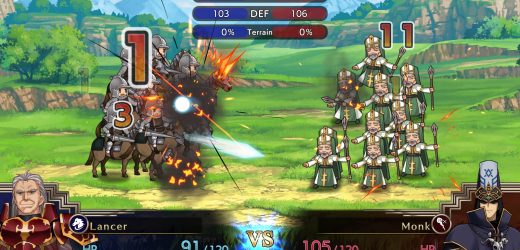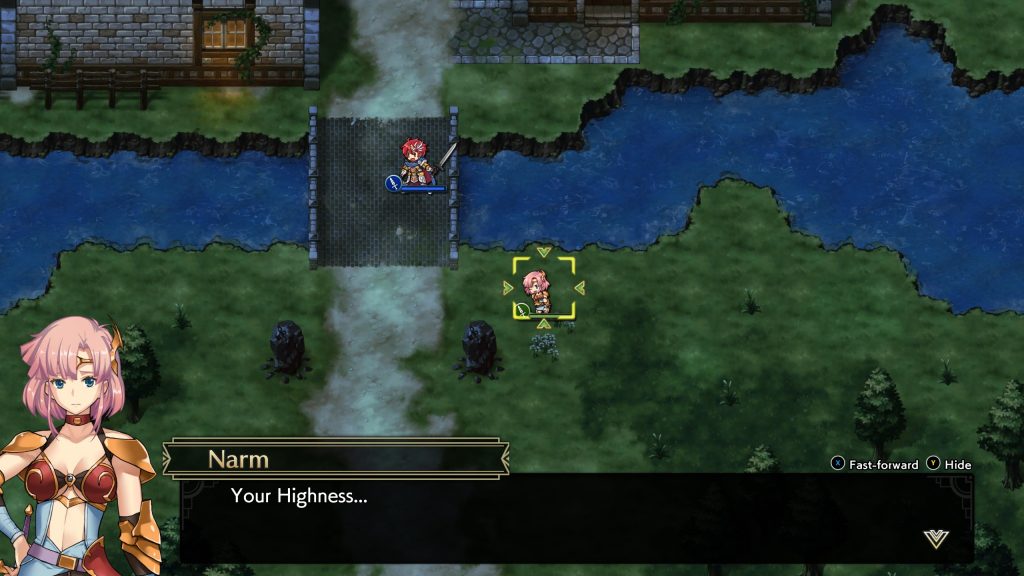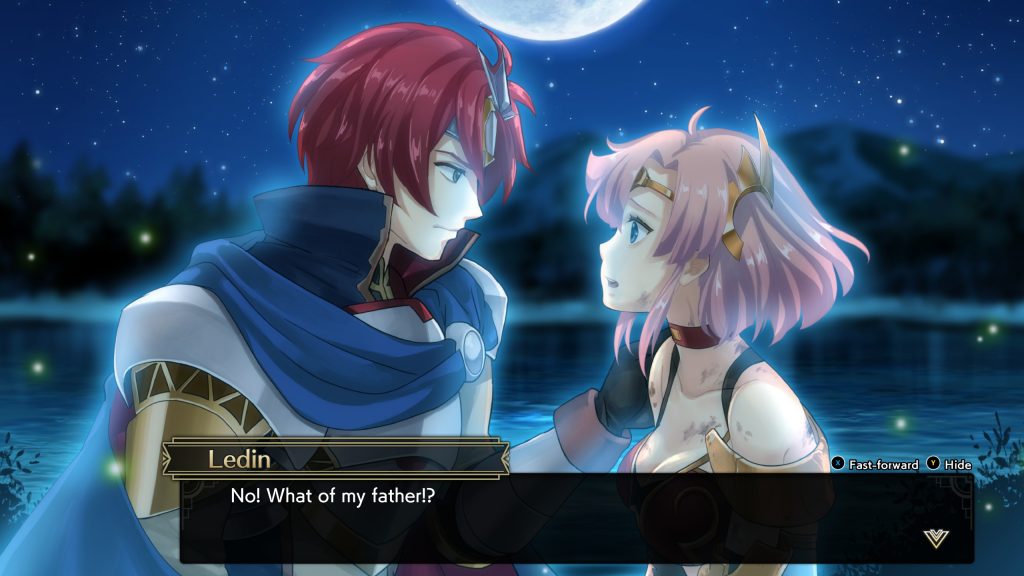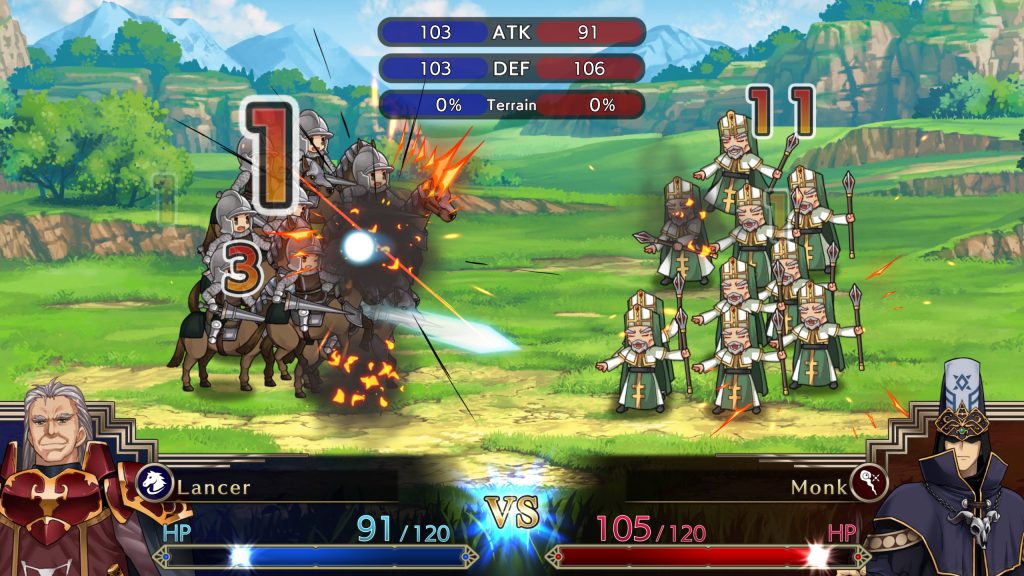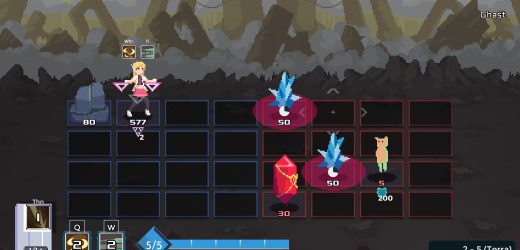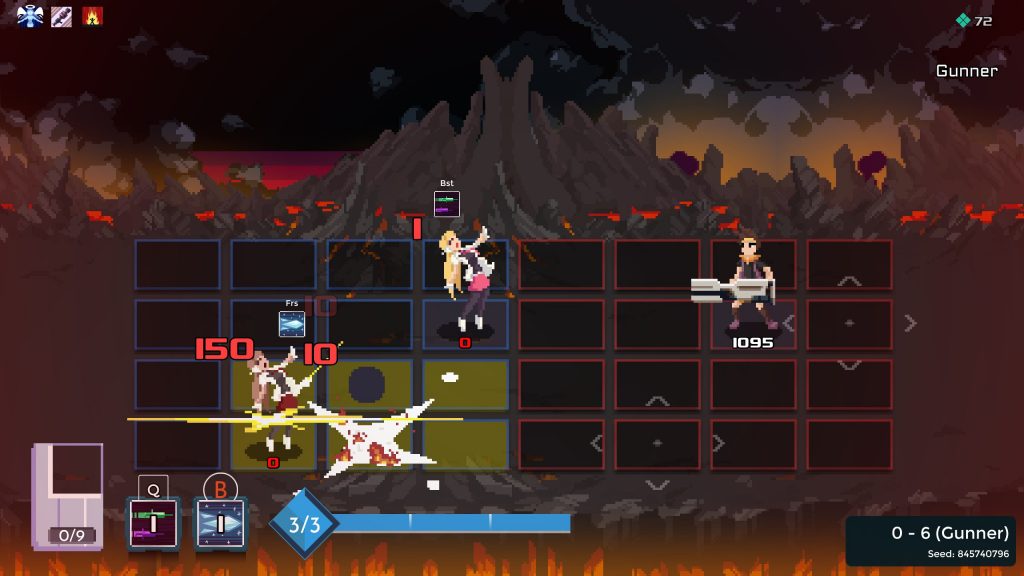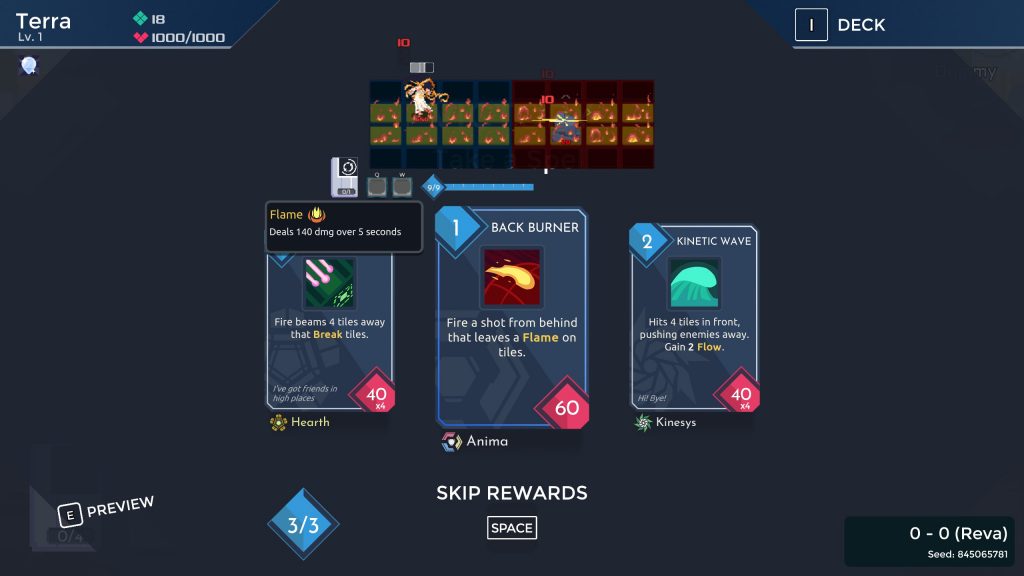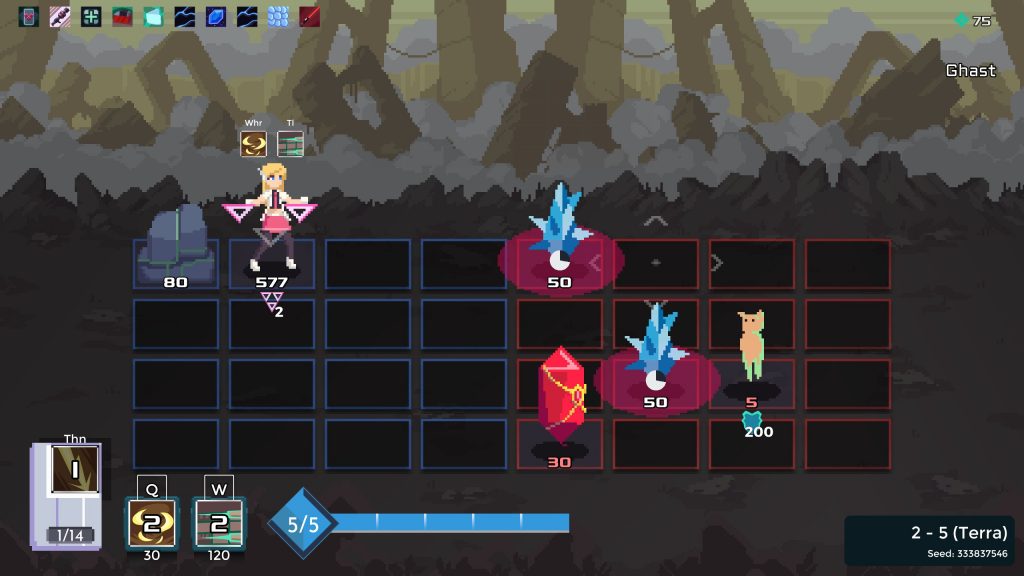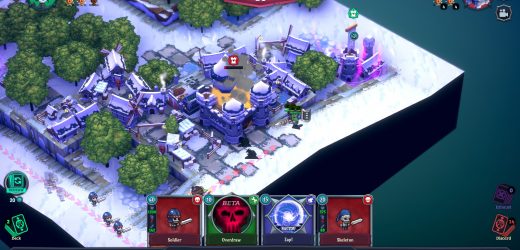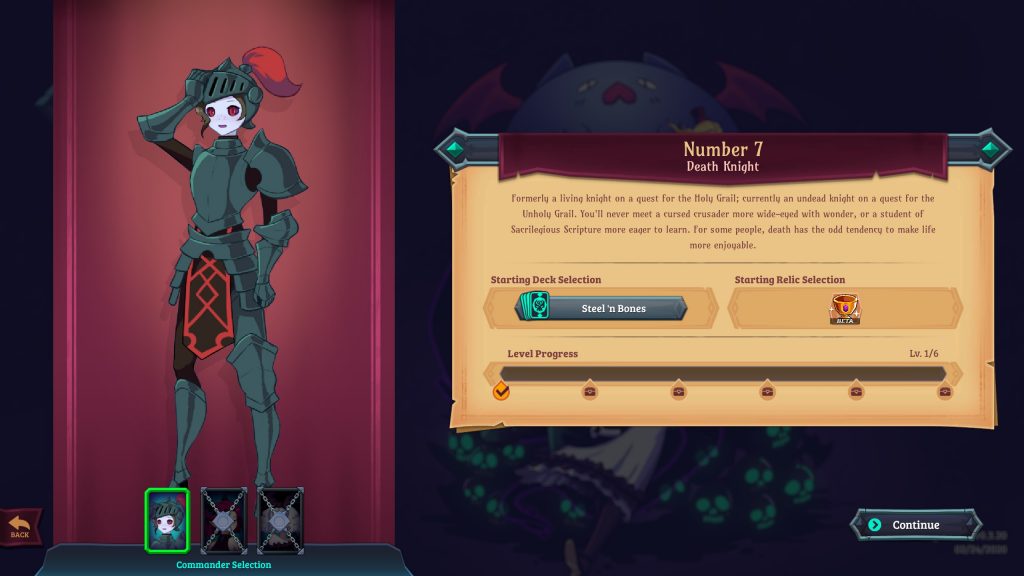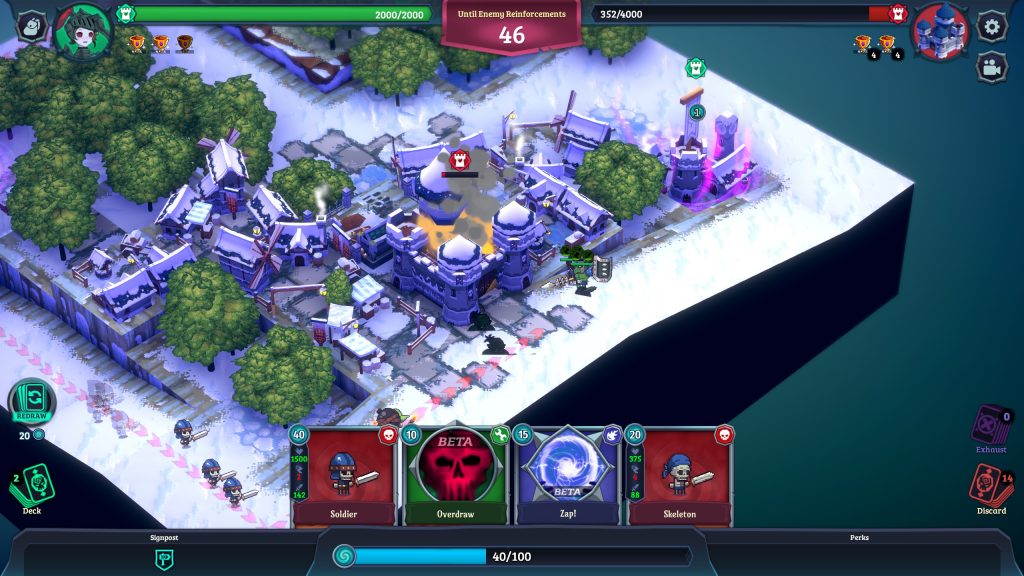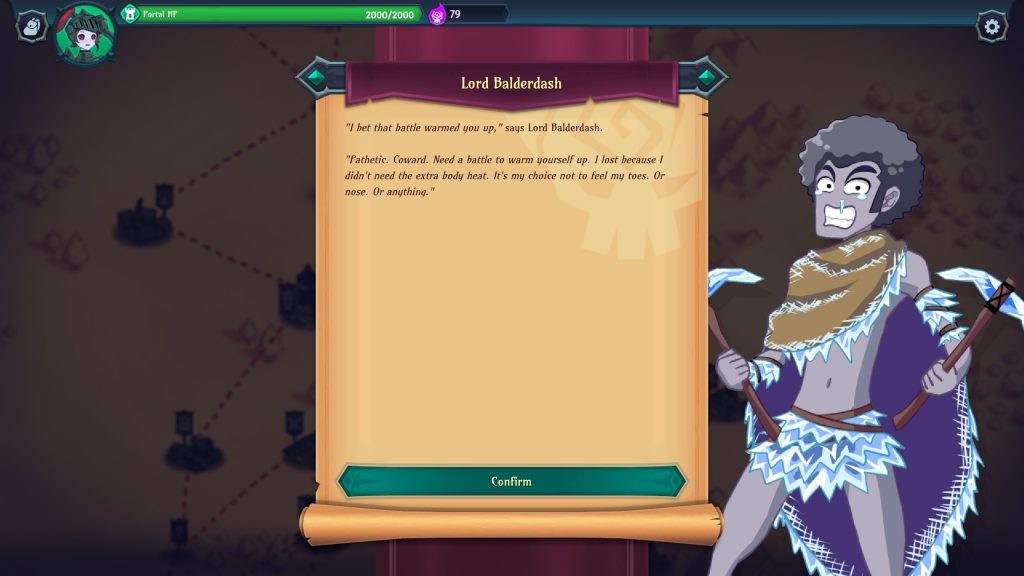Mystic Pillars (Review)
Source: Review Copy
Price: £5.19
Where To Get It: Steam
Counting games, such as games from the Mancala family, are quite interesting. Often seen as games representative of sowing and harvest, a common objective is to lay seeds from one pool, to another set as far away as the number of seeds you have away, dropping a single seed in each hole along the way, and then capture seeds from the next pool over. It’s a game of strategy. And it fits, because Mystic Pillars is a puzzle game where there is a great drought, caused by a spirit who has summoned pillars blocking the river.

And while you don’t precisely do it like Mancala style games (Ali Guli Mane, or Chenne Mane is the cited inspiration), the general principle to the puzzle is similar: You’re taking from one pillar of seeds to another, and if you go 1 space away, you place 1 seed from the first to the second, if you move 2 spaces, 2 seeds… There are up to 10 spaces on each pillar, and so… You have a logic puzzle.
And, as with any good puzzle game, when I understood the solution of a difficult puzzle, I had that “Ahaaaaa!” moment, that pleasure of figuring it all out. That, alone, would be a recommendation.
But it also engages me with its story. A story of a traveller, seeking to return the flow of the river in the kingdom of Zampi, while a tricksy spirit tells you how it came to pass that the kingdom fell in the first place. I enjoyed it, as I did the clear, beautiful aesthetic of the game. As I did how the move limit is exactly what you need, no more, no less. And how there’s no pressure to solve, even though many of the puzzles are, within only a few experiments, solvable fairly easily.

It’s not a long game, by any means. But it’s an enjoyable one, with a story I had fun reading, puzzles that gave my little grey cells a pleasing workout, and, as another game that does what it says on the tin… If you like puzzles, this one may well be a pleasant pick for you.
The Mad Welshman is more of a fan of Sennet. But he still appreciates this game.

